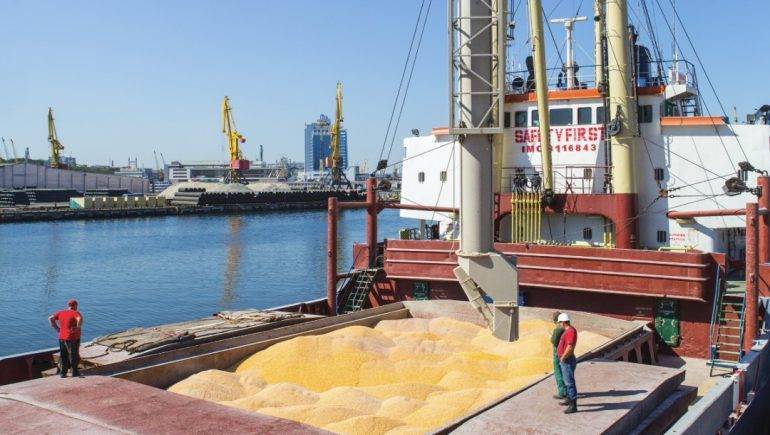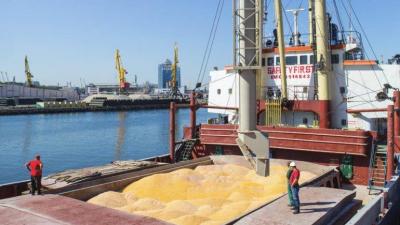The announcement of Russia's withdrawal from the agreement allowing the export of Ukrainian grain through Black Sea ports has instilled fear and panic in the poorest countries, many of which are already suffering under the weight of inflation, climate shocks, and conflicts. The Black Sea Grain Deal, brokered by the United Nations and Turkey in July 2022, helped lower global food prices and allowed aid organizations to access hundreds of thousands of tons of food at a time when needs are increasing and funding is dwindling.
In the Somali capital, Mogadishu, wheat prices dropped by nearly 25% as a result of the agreement, after having doubled when Russia invaded Ukraine. Following the Russian announcement, everyone is in shock—from traders to bakers to victims of armed conflict in the country. Some traders in Mogadishu expect the price of a 50-kilogram sack of wheat to rise from the current $20 to nearly $30.
Kenyan Foreign Affairs Ministry official Courier Sing Oweih noted that already record-high food prices will rise even further. Kenya is also suffering from the worst drought in the Horn of Africa in decades. He told Reuters, "Items that previously cost one or two shillings will now cost four shillings; prices will double."
Trade data from the United Nations showed that Somalia received 84,000 tons of wheat from Ukraine in 2022, up from 31,000 tons in 2021, as donors intensified their assistance to combat looming famine in certain areas. Even more fortunate countries felt the crisis as well. Egypt, one of the world's leading wheat importers, benefited from the agreement but now faces increased financial pressure on the government, which provides subsidized bread to millions of citizens, due to skyrocketing global wheat prices following the war. The crisis has also caused a surge in the price of unsubsidized bread, putting additional financial burdens on families that have already endured years of austerity.
The United Nations World Food Programme has shifted its focus heavily to Ukrainian grain to feed people in countries suffering from conflict and extreme weather, including Somalia, Yemen, and Afghanistan. Analysts say that prices for some essential foods are likely to rise due to Russia's decision, despite the improved global grain availability since the war began, thanks to increased supplies from producers like Russia and Brazil.
Shashwat Saraf, Emergency Director for East Africa at the International Rescue Committee, stated, "The impacts will be long-lasting in Somalia, Ethiopia, and Kenya, all of which are experiencing the worst drought in the Horn of Africa in decades." Saraf added that the instability in global markets is likely to lead countries with modest surpluses to halt their grain exports. He noted that with rising food prices, relief organizations like the International Rescue Committee will have to increase the cash transfer values provided to the hungry to purchase food, forcing them to consequently reduce the number of beneficiaries.




